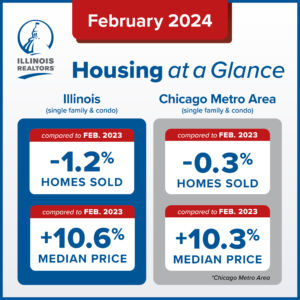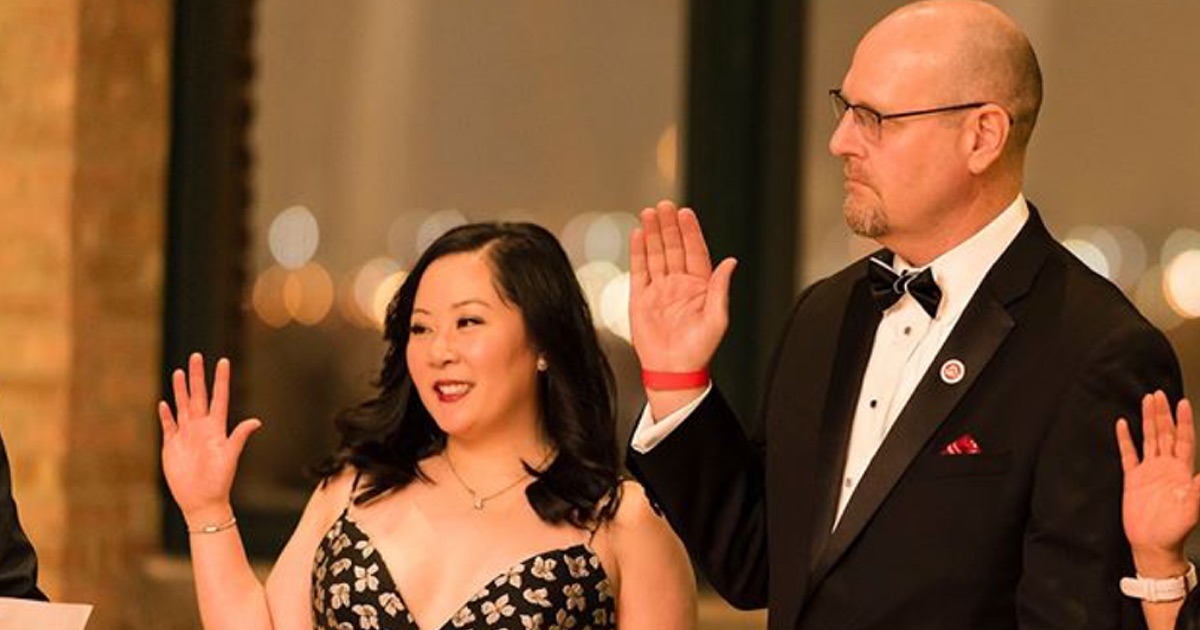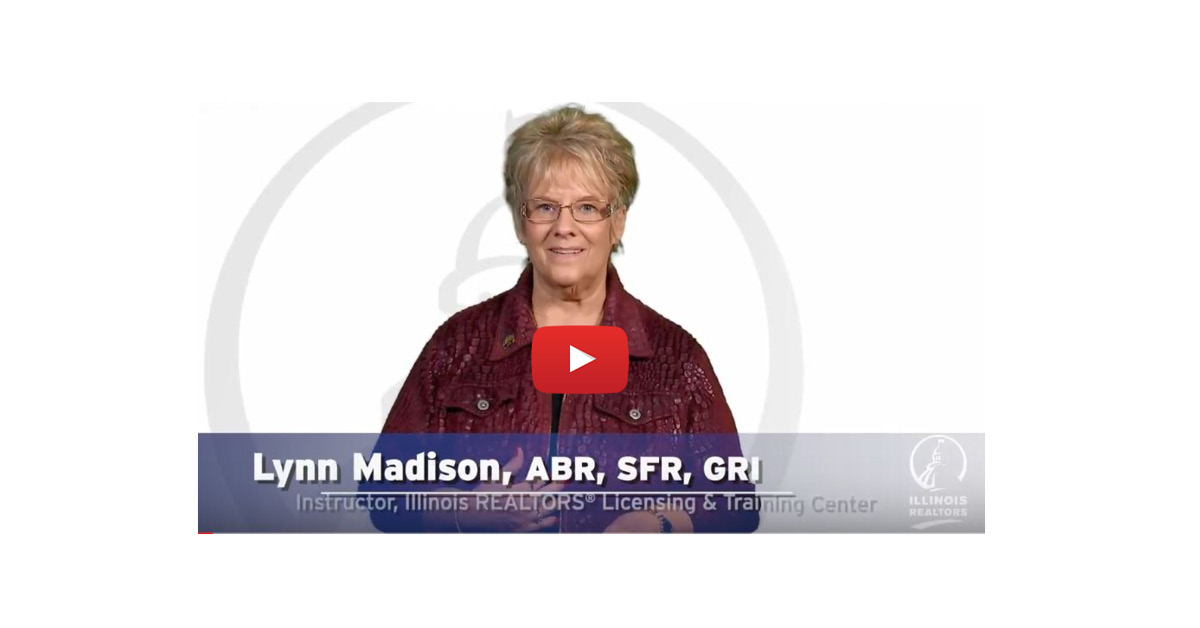Illinois Gov. Pat Quinn’s office issued an amendatory veto on SB 2664, the Condo Foreclosure Bill, which in effect would scuttle months of work on the reform measure.
According to IAR Governmental Affairs Director Greg St. Aubin, the amended bill filed Tuesday afternoon retained much of the language supported by IAR, with one substantial addition. The amended version inserts language that would hold condo associations harmless by making the foreclosing lender pay the difference between what is required by current law and what the buyer pays. (See Chicago Tribune story on this here.)
IAR has long contended that the bill passed by the General Assembly in the Spring Session served as a means to make sure buyers of foreclosed condo units were able to get to the closing table knowing what they will be expected to pay.
The bill also provides a cap on legal fees, penalties and special assessments that can add thousands to the cost of a purchase. Currently, buyers can pay six months of assessments, plus past due special assessments, fines and attorney’s fees.
SB 2664 set the maximum amount a buyer would pay at nine months’ of regular assessments for a condo.
“We are deeply disappointed that Gov. Quinn did not approve the bill as presented to him by the General Assembly,” St. Aubin said. “This bill was the product of many hours of research, discussion and negotiation among a broad coalition of stakeholders.”
“REALTORS® were confident this bill was the fairest, most comprehensive solution to the problem that took everyone’s concerns into account. It’s unfortunate that the condo association lobby chose narrow self-interest over taking the opportunity to pass meaningful reform which would make buying foreclosed condos fairer for all involved.”
IAR was joined by several other stakeholders in supporting the bill, including advocacy groups representing lawyers, bankers and credit unions.
What’s next for IAR and its fight for reform? The association is reviewing the final language of the amendatory veto, but an option could be attempting an override of the measure. That would require a three-fifths vote in both the Senate, which originated the bill, and the House.
IAR’s members flooded the governor’s office with pleas for him to sign the bill. The measure was seen as a way to help get units back into private ownership more quickly, and inject fairness into the transaction involving foreclosed condos.
Because buyers often did not know the final amount they would have to pay at closing, there were cases where deals fell through. Added legal costs and other costs typically can’t be financed, meaning the buyer has to come up with the cash to cover them at the last minute.




 Create professional development programs that help REALTORS® strengthen their businesses.
Create professional development programs that help REALTORS® strengthen their businesses.
 Protect private property rights and promote the value of REALTORS®.
Protect private property rights and promote the value of REALTORS®.
 Advance ethics enforcement programs that increase REALTOR® professionalism.
Advance ethics enforcement programs that increase REALTOR® professionalism.
 Protect REALTORS® by providing legal guidance and education.
Protect REALTORS® by providing legal guidance and education. Stay current on industry issues with daily news from Illinois REALTORS®, network with other professionals, attend a seminar, and keep up with industry trends through events throughout the year.
Stay current on industry issues with daily news from Illinois REALTORS®, network with other professionals, attend a seminar, and keep up with industry trends through events throughout the year.





